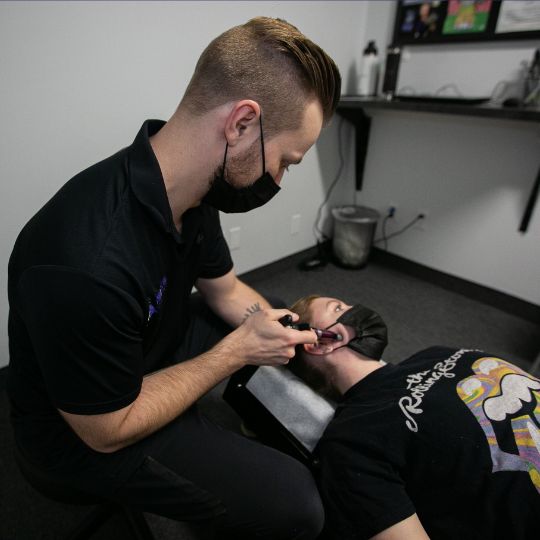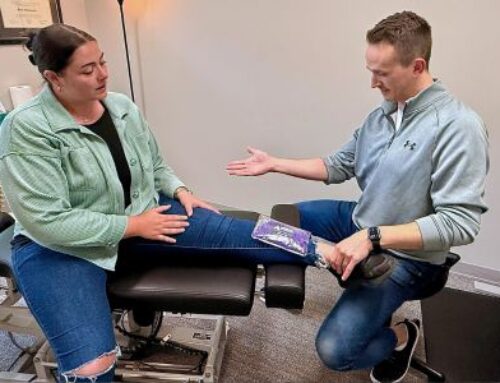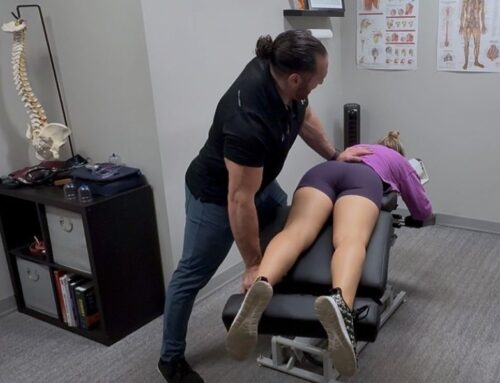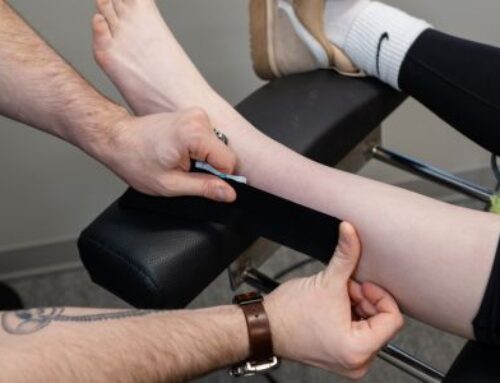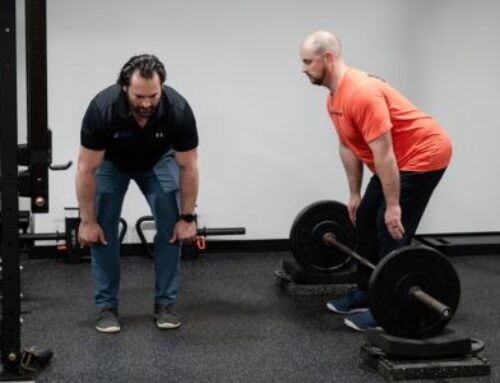In my previous blogs on this topic I’ve discussed how the most common causes of TMJD are a history of braces, oral surgery and paraphysiological triggers like nail biting, clenching and grinding. This is true but when we are talking about performing artists we have to add TMJ Overuse
As many of you know I treat a lot of performing artists and while I have the most experience with dancers, singers are a close second. This is because of my second passion, treating TMJ dysfunction. TMJ or TemporoMandibular Joint dysfunction is a condition wherein dysfunction of the jaw joints results in pain, restricted movement and at times locking of the jaw. This is something that a lot of my singers struggle with.
Overuse injuries occur when we do repetitive tasks ad nauseam and after a time it results in strains and sprains of the involved tissues. Enter singers, a group of performing artist who are constantly working with the muscles of the face and jaw and who, unlike most people, are pushing those muscles to the furthest extent of how they can be used.
There are a few specific triggers that will often cause TMJ overuse in singers: vocal belting and prolonged vowel postures. Let’s start with vocal belting. This is when a singer takes their “chest voice” and brings it above their “break” or “passaggio” and mixes it with a portion of their “head voice.” Also known as “mixed voice” or “high chest voice” it is used to create a loud booming sound while singing. I’ve you’ve seen a musical and heard a singer get suddenly very loud to create a dramatic sound then you’ve heard belting.
As the name “high chest voice” implies this technique requires the singer to pull their voice into a mix between their upper chest and head, the result is a lot of tension passing through the muscles of the front of the neck. This can trigger TMJD as these neck muscle are responsible for pulling the bone in your throat called the hyoid backwards so that you jaw can open properly. If these muscle become overly tight then the hyoid may stay pulled back constricting the throat and making it more difficult for the singer to get sound out. Because these muscles also attach to the jaw itself the singer will also likely experience jaw dysfunction.
Similarly holding the mouth in a vowel posture for prolonged periods of time will cause TMJ overuse. Try this! Say a vowel sound and then hold your mouth in that position for 15 seconds. Do this with each vowel sound. Then try the same exercise with consonant sounds. You’ll realize pretty quickly that the jaw gets tired much faster with vowel sounds then it does with consonants. Know realize that most lyrics emphasis longer notes on vowel sounds and you’ll understand that singing as a default does a number on the muscles of the jaw.
So that’s why so many singers experience TMJ overuse even if they have no history of braces, oral surgery or other paraphysiological factors. The good news is it doesn’t need to be this way. Plenty of my singers have been able to maintain a pain free singing career with Chiropractic and massage care that’s specific for the TMJ. It’s all about finding a provider who understands the art form and how to treat the TMJ as it relates to singing.

